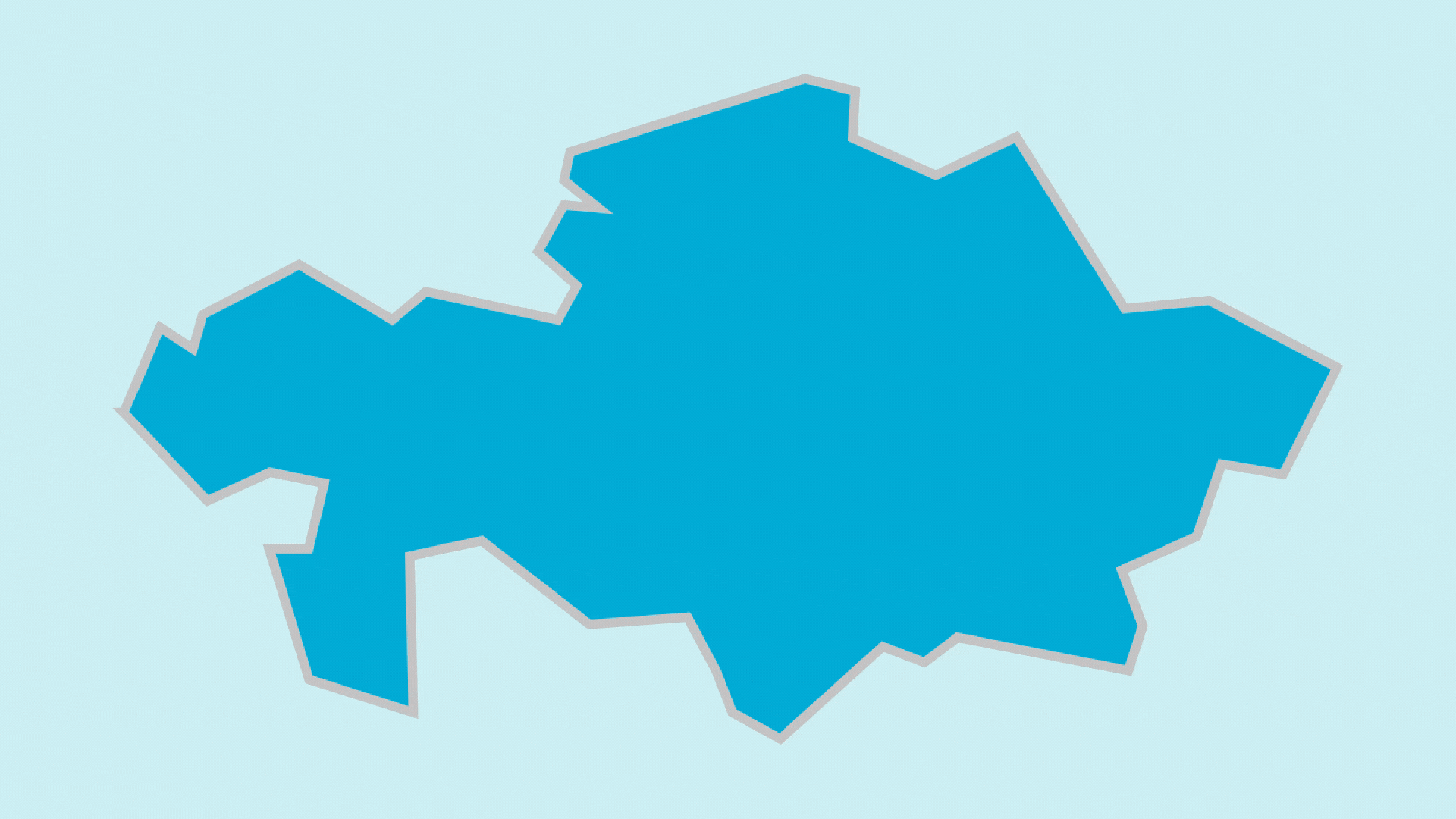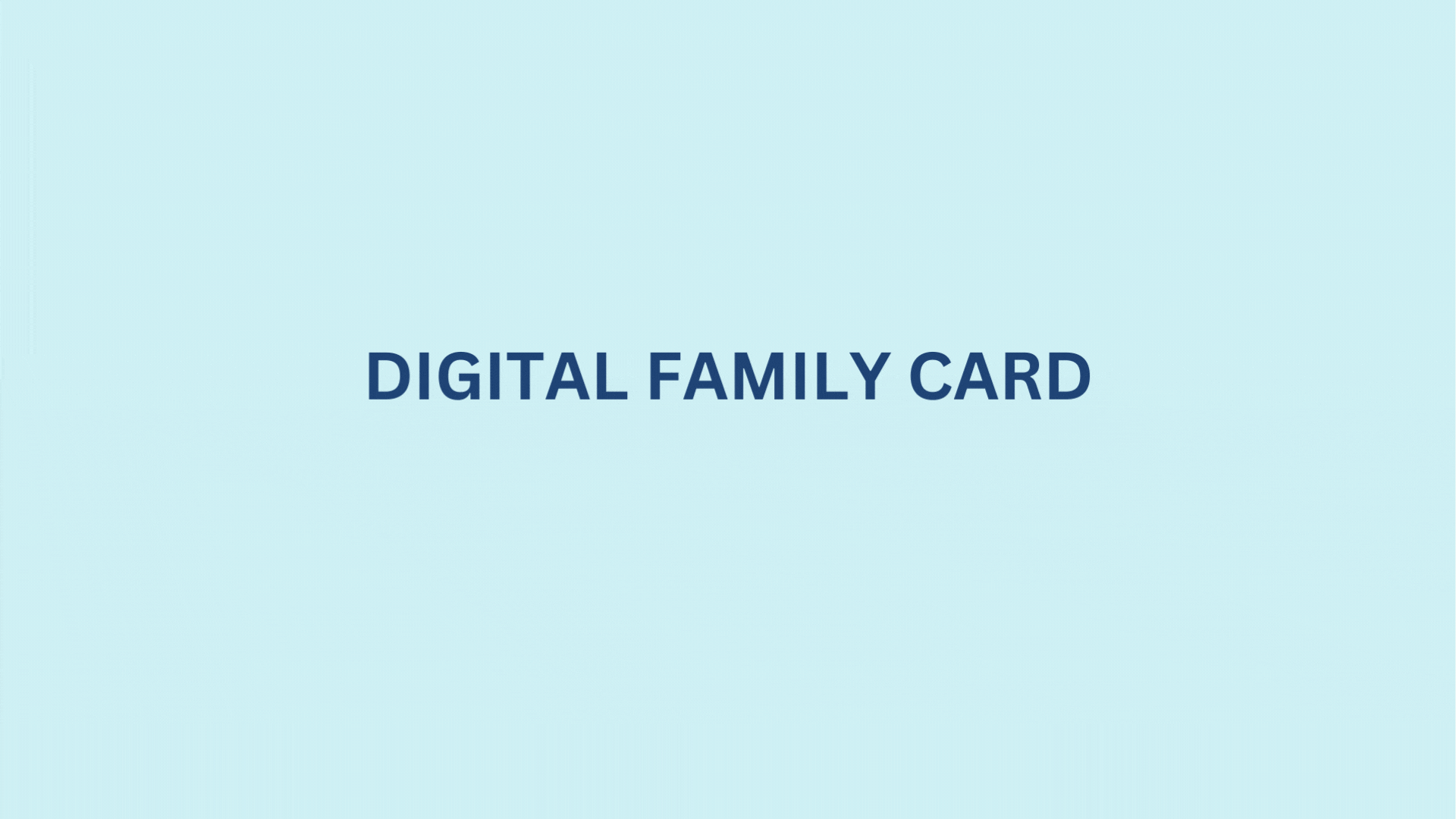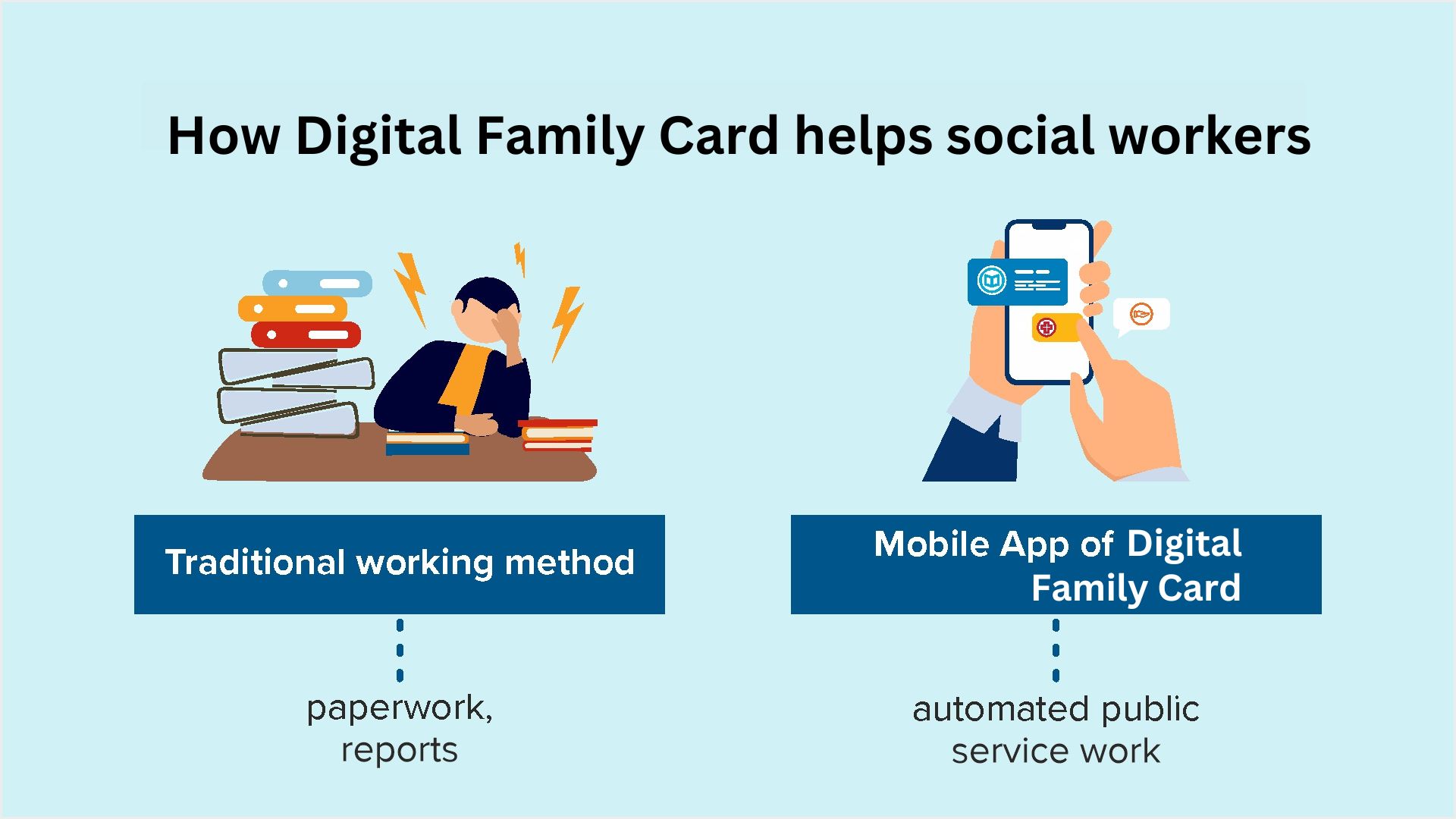Digitalisation for sustainable development and social well-being of society
February 13, 2023

Kazakhstan stands for itself as a social state whose highest values are the individual, their life, rights and freedoms. Over the years of independence, a great deal has been accomplished in shaping society's own model of social well-being.
Kazakhstan has taken a range of measures and initiatives to achieve the Sustainable Development Goals (SDGs) for a secure, equitable and progressive common future. The country is steadily adopting new technologies to ensure the well-being of society, employment growth, competitive education and efficient health care.
Kazakhstan ranks 28th of UN Global E-Government Development Index.
Despite these achievements, the potential for development and improvement is quite high and further social modernisation involves adapting the economic, social aspects to the requirements and standards of the modern world.
Over the past decade, the population of Kazakhstan has grown by 18.5 percent, reaching 19.7 million people in 2022.

More than 980,000 of the 5,900,000 families living in the country have no official income, including pension and social benefits, targeted social assistance, etc. According to the Ministry of Labour and Social Protection of the Population, 657,300 people out of 127,600 families received targeted social assistance in 2022.
More than 3 million citizens of the republic belong to a vulnerable group. The most vulnerable group lives in the Turkestan region and Shymkent city.
It is worth noting that the monitoring, reporting and assignment of some state support measures is still done on paper and affects the quality of services provided to the population. The introduction of digital technology and new approaches will make it more accessible for everyone in the country to receive these support measures.

One of the initiatives that aims to improve the quality of people's lives is the United Nations Development Programme (UNDP) pilot project, the Digital Family Card. The project was launched in 2022 and is being implemented in partnership with the Ministry of Labour and Social Protection of the Population of the Republic of Kazakhstan and the Ministry of Digital Development, Innovation and Aerospace Industry of the Republic of Kazakhstan with the financial support of the UN COVID-19 Response and Recovery Multi-Partner Trust Fund.
Digital solutions: Digital Family Card
The Digital Family Card is an innovative solution that provides a digital platform. It helps to provide prompt and effective state support to the most vulnerable families.
It is worth noting that the Digital Family Card streamlines government efforts to assess the vulnerability of families without the involvement of citizens themselves. In this way, support measures for families will be implemented automatically, even if citizens do not have access to online platforms of public services.
How the Digital Family Card works
The Digital Family Card identifies families from vulnerable groups and helps to comprehensively assess their needs in order to provide them with socioeconomic support.

In the first phase of the implementation of the Digital Family Card all 5,900,000 families in Kazakhstan were digitised to assess the well-being of each family. The geography of distribution of Digital Family Card covers the entire territory of Kazakhstan - 17 regions of the country and 3 metropolises – Almaty, Astana and Shymkent.
Next, an in-depth analysis of the areas of health, education, social protection, employment, finance, justice, and agriculture for each family was carried out based on government data sources.

Well-being is assessed according to five criteria: economic conditions, health care, housing conditions, educational attainment and social conditions. The problems faced by vulnerable families – lack of housing, education, health insurance, unemployed and underemployed, in need of legal aid and others – are taken as the basis.
Each of the five criteria contains information that assesses the vulnerability of a family. A total of 80 socioeconomic indicators are included in the family vulnerability assessment, including: employment for each family member, real estate and commercial property, persons with disabilities in the family, bank loans and debts, and other indicators.

This in-depth analysis reveals that more than 15 percent of the total number of families have significant difficulties that the families cannot cope with on their own. This raises the need for further long-term integrated work by a multi-agency team to ensure security and well-being.
Methodology for assessing family well-being
The findings made it possible to develop and automate the Family Well-being Assessment Methodology. It helps to calculate scores for each family in Kazakhstan cities, regions, districts and villages and to identify the risk zone for each family. Thus, thanks to the Digital Family Card data on the well-being of all families in the country is updated daily.
How the Digital Family Card works
The Digital Family Card is unique in that it provides a single point of interaction between government agencies to support the population in areas such as education and social protection, finance, justice and medical and social support, and so on.
After receiving the data with the family vulnerability assessment, the Digital Family Card automatically initiates state support measures, identifies the responsible public authority and through e-gov ('e-government') provides the service in proactive mode. Now citizens do not have to go to each of the public services to apply.

The principle of the Digital Family Card is as simple as it can be: the potential recipient of state support is sent a SMS notification to consent to the provision of a public service. If the recipient agrees, a social benefit, payment or other type of support is granted and then credited to their bank account.

Mobile app as a way to streamline public services
Social workers carry out daily monitoring, reporting, assignment of services and often this work is done using paper documentation. As part of the Digital Family Card, a mobile app is being actively implemented for social workers, which reduces the time needed to organise cases and process information, and allows for greater efficiency, transparency and monitoring of services to the population. The app is available in Kazakh and Russian in online and offline modes.
The app has been piloted in Astana city. For three months, public officers and social workers at the social centre used the app and website in their daily work. It has replaced the use of paper documentation, increased transparency and reduced the time it takes to organise files and process information.
How does the mobile app for social workers work?
- Possibility to assign tasks and track them in real time
- Effective monitoring tool to provide analysis on the services provided
- Eliminates paperwork, increasing efficiency
- Social workers are more comfortable contacting families in rural areas
- In Russian and Kazakh
- Online and offline version
It is worth noting that one of the important objectives of the Digital Family Card is to ensure gender equality through the implementation of an integrated social services model.
According to experts, the introduction and use of the Digital Family Card in Kazakhstan will not only increase the efficiency of the state to provide quality support to the population, but will also become a 'bridge' for achieving equal access to social protection and security for people.
It should be noted that in Kazakhstan, UNDP is promoting the transformation of the provision of social services with the help of digital technologies. The Digital Family Card was developed as part of the financing of The Response and Recovery Measures from the effects of coronavirus infection of UN Multilateral Trust Fund, which is being implemented by three UN agencies together with national partners.

 Locations
Locations


